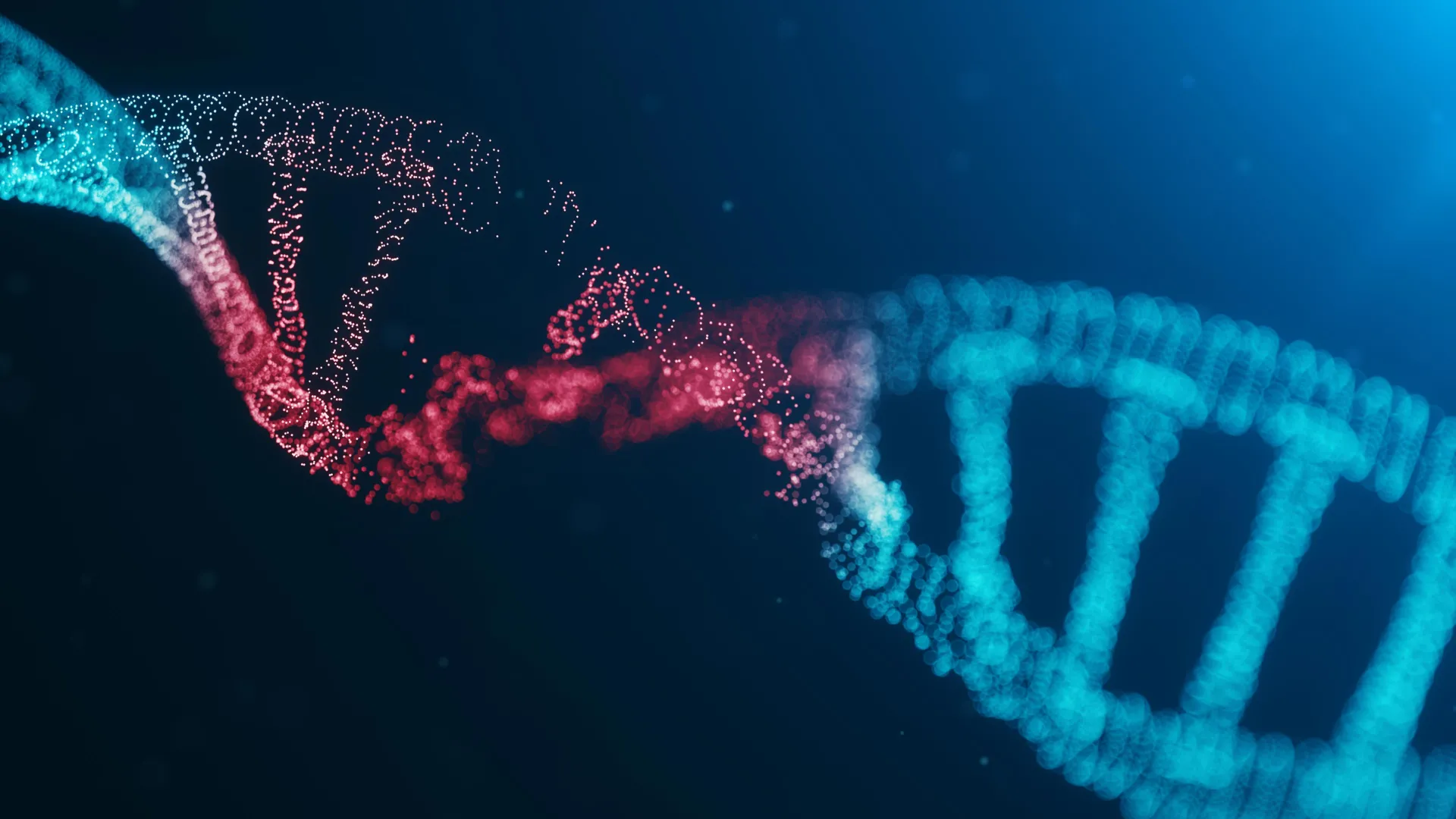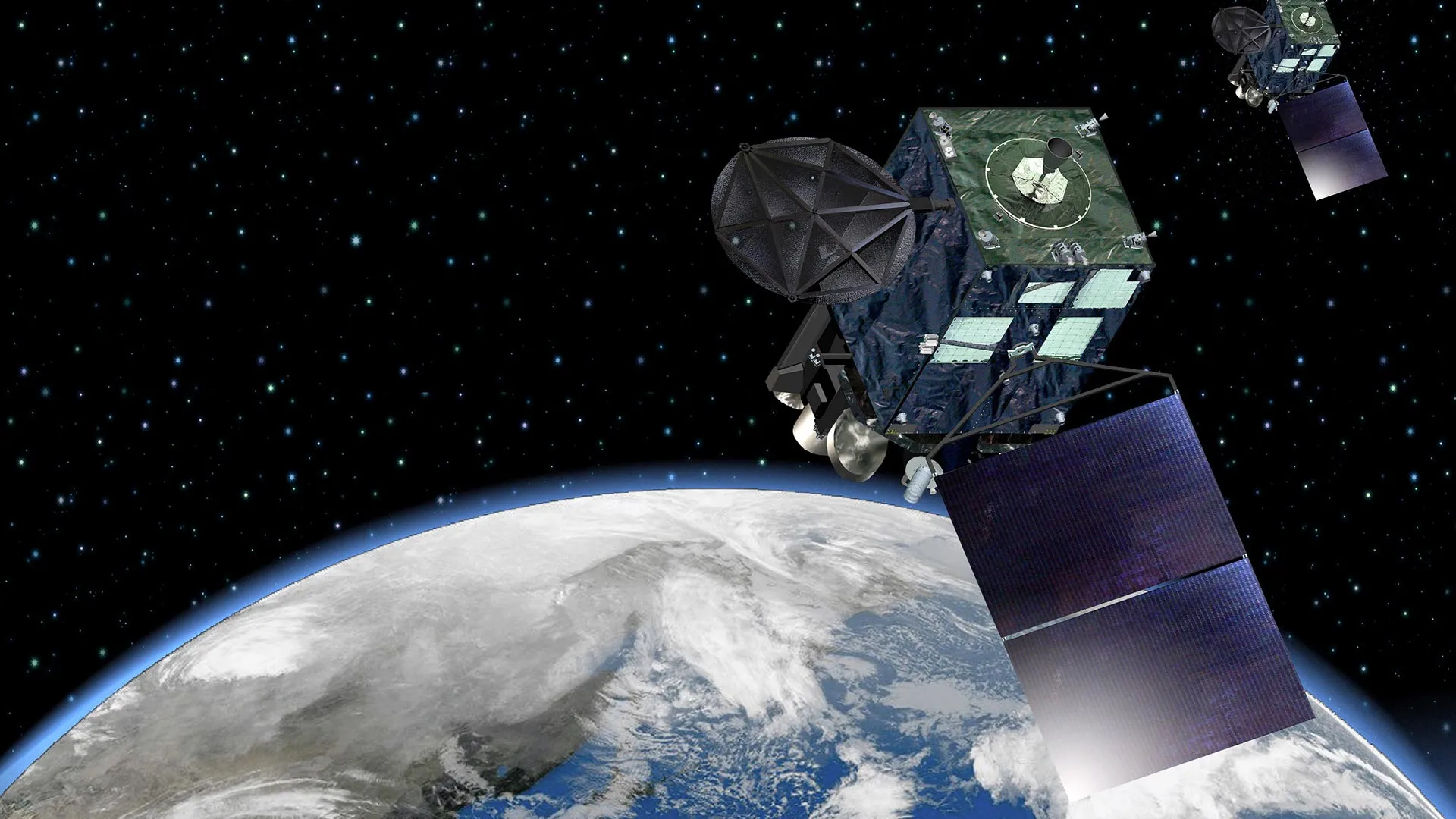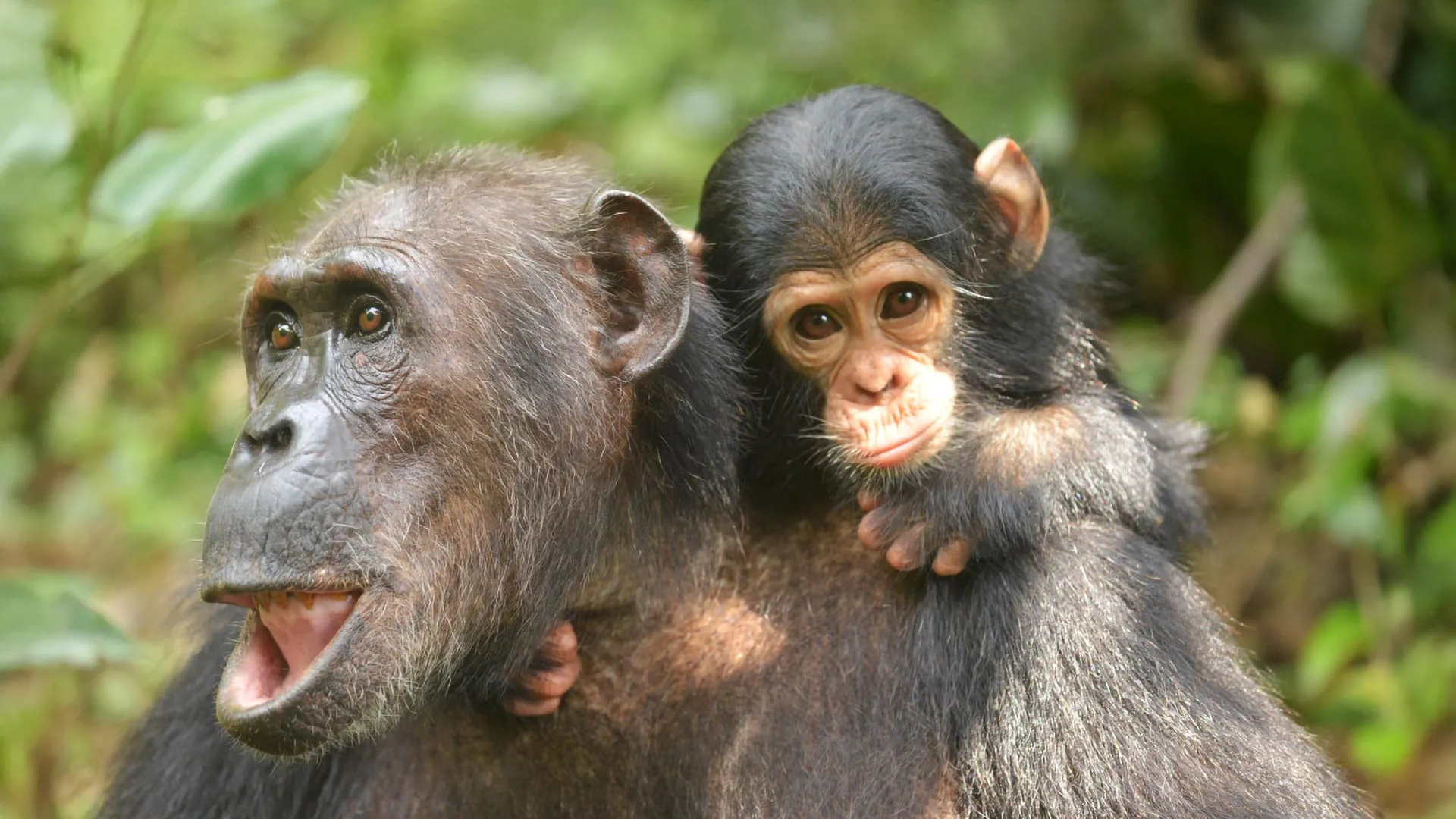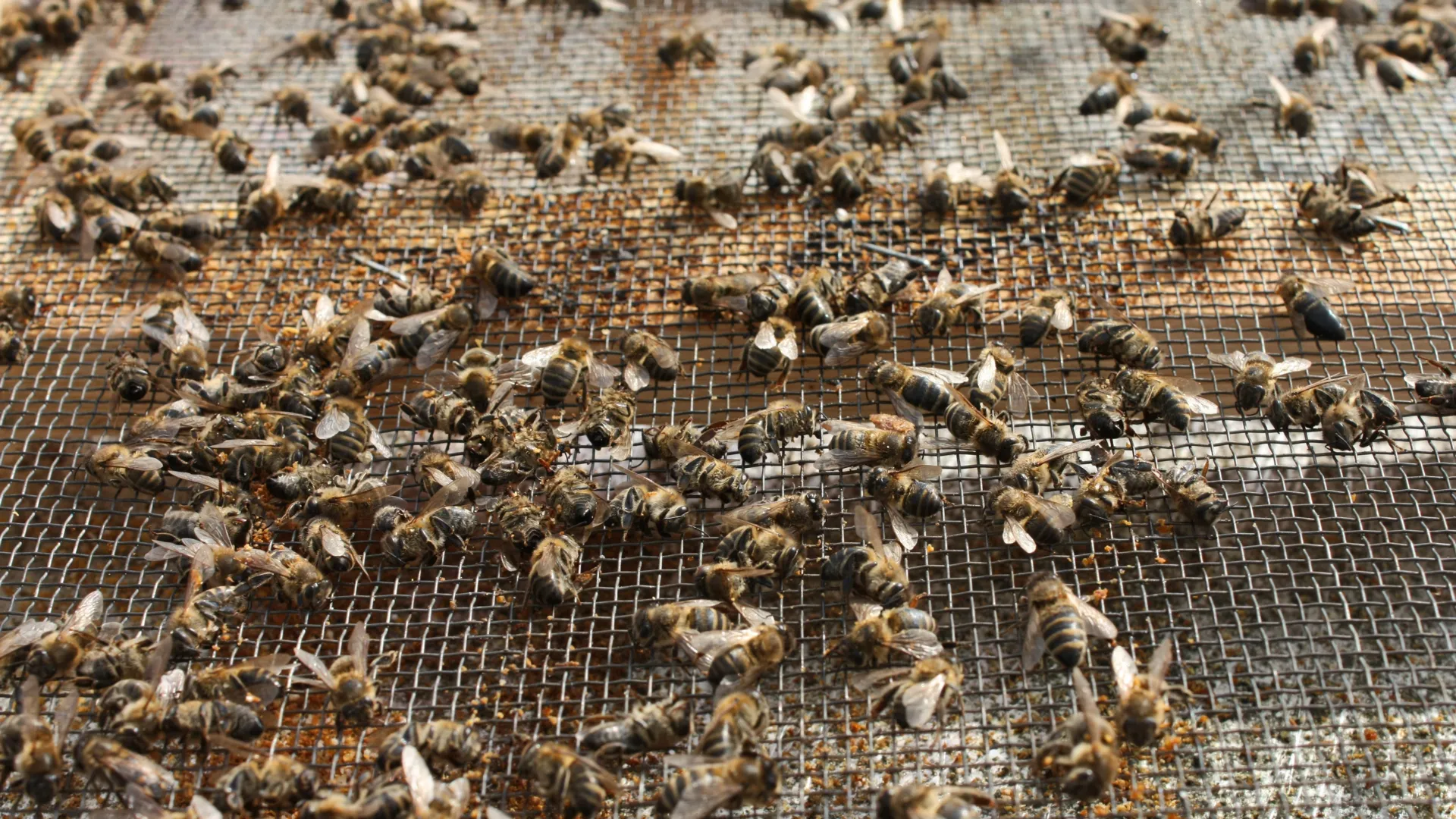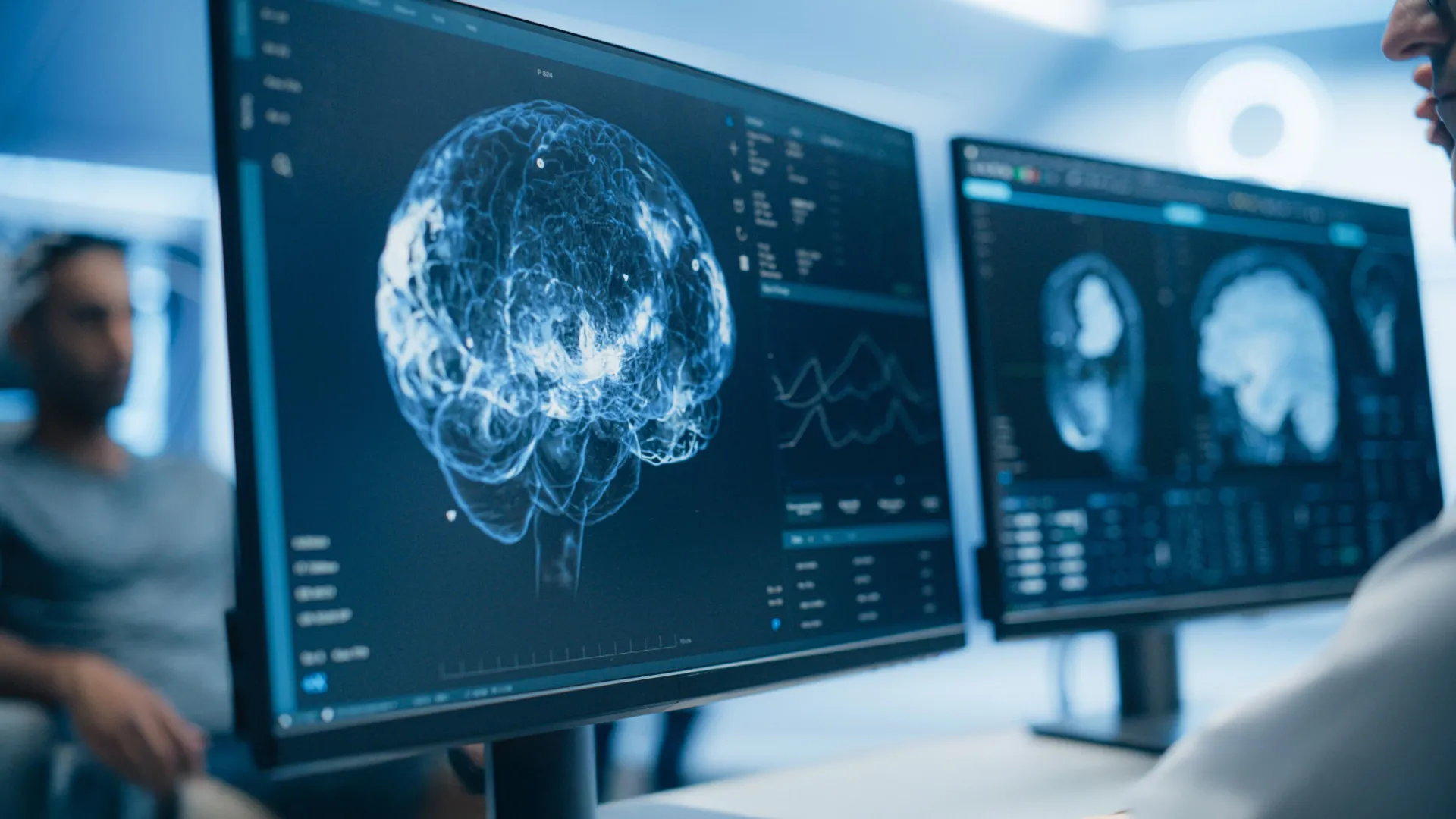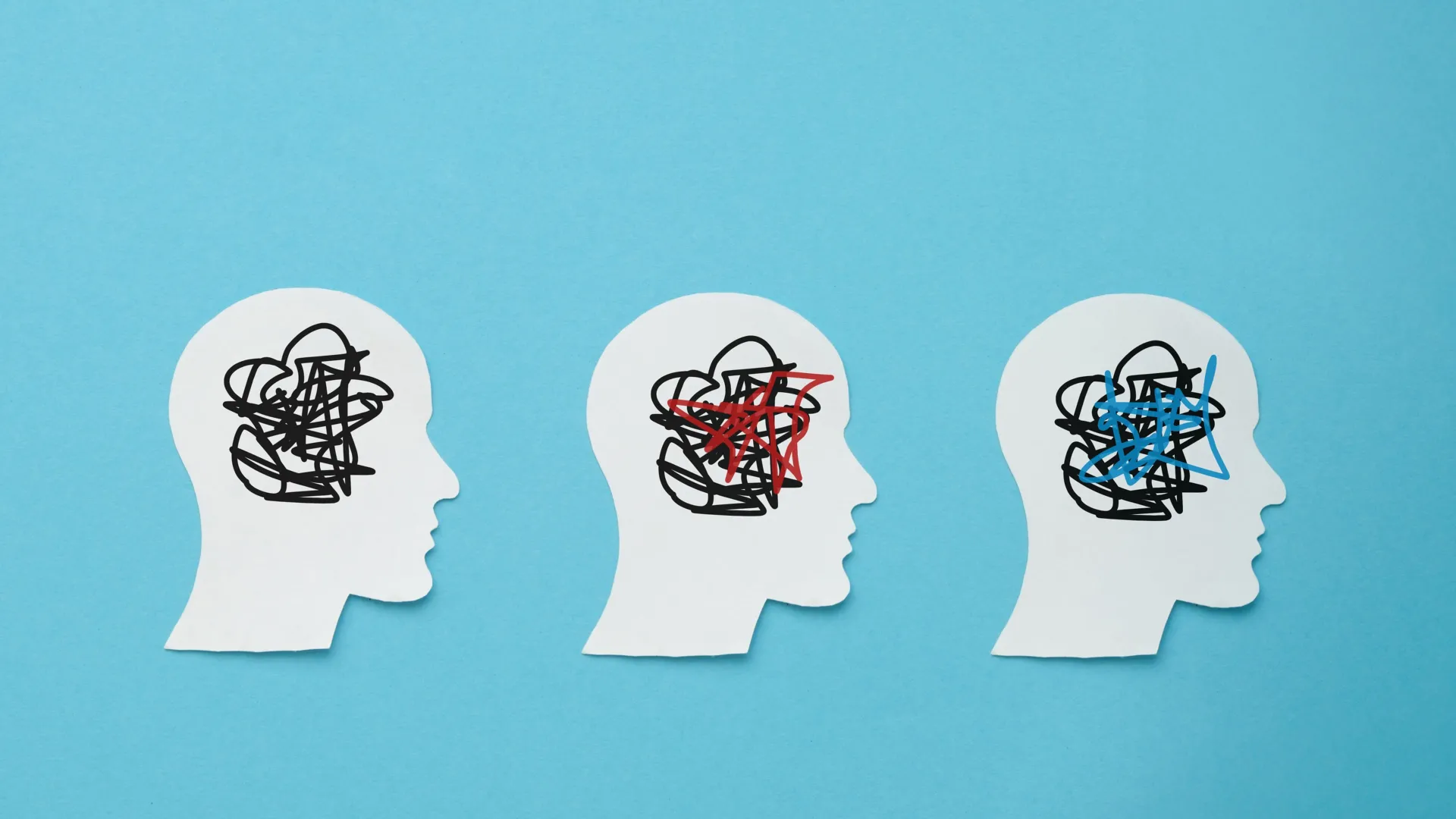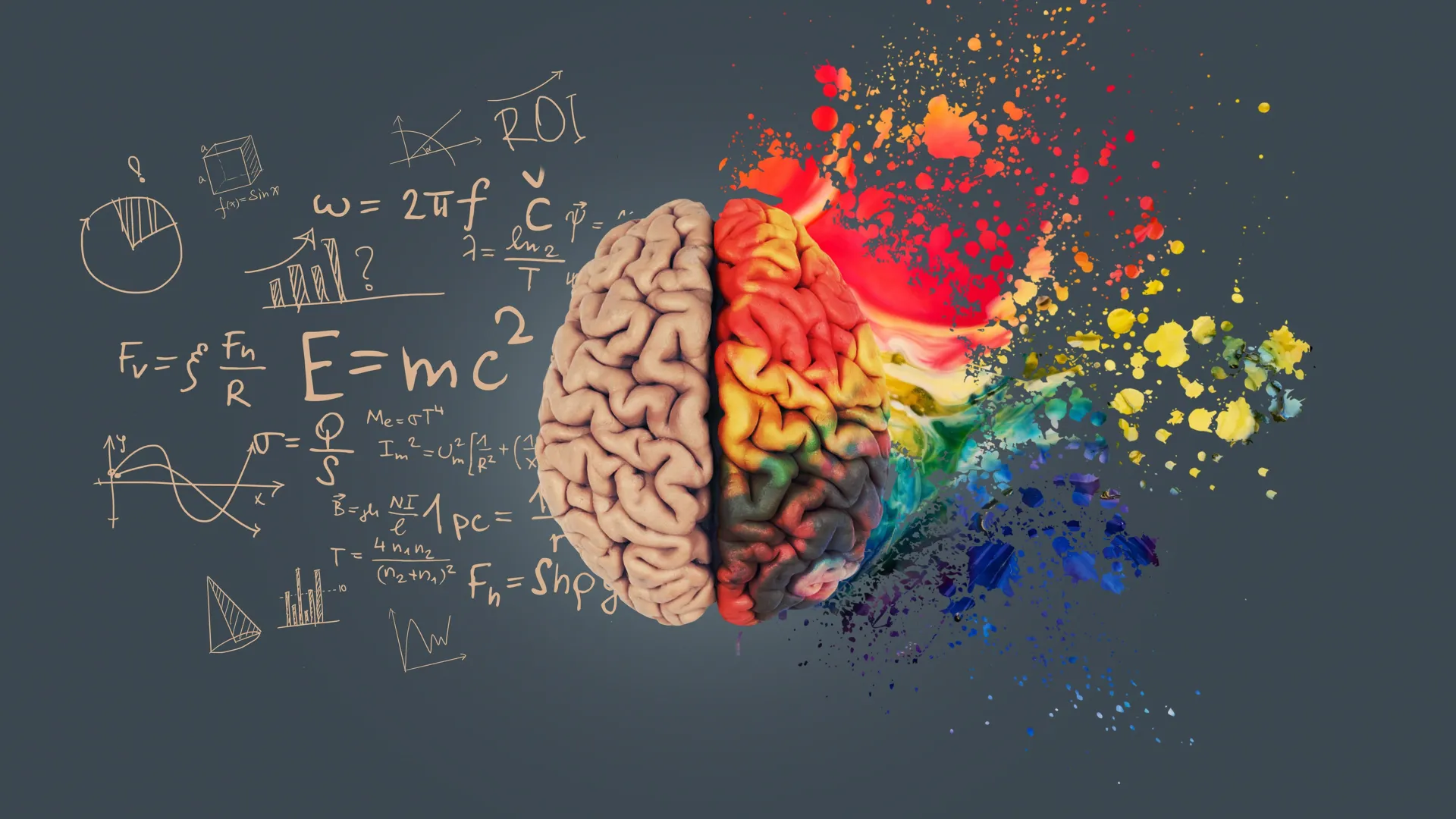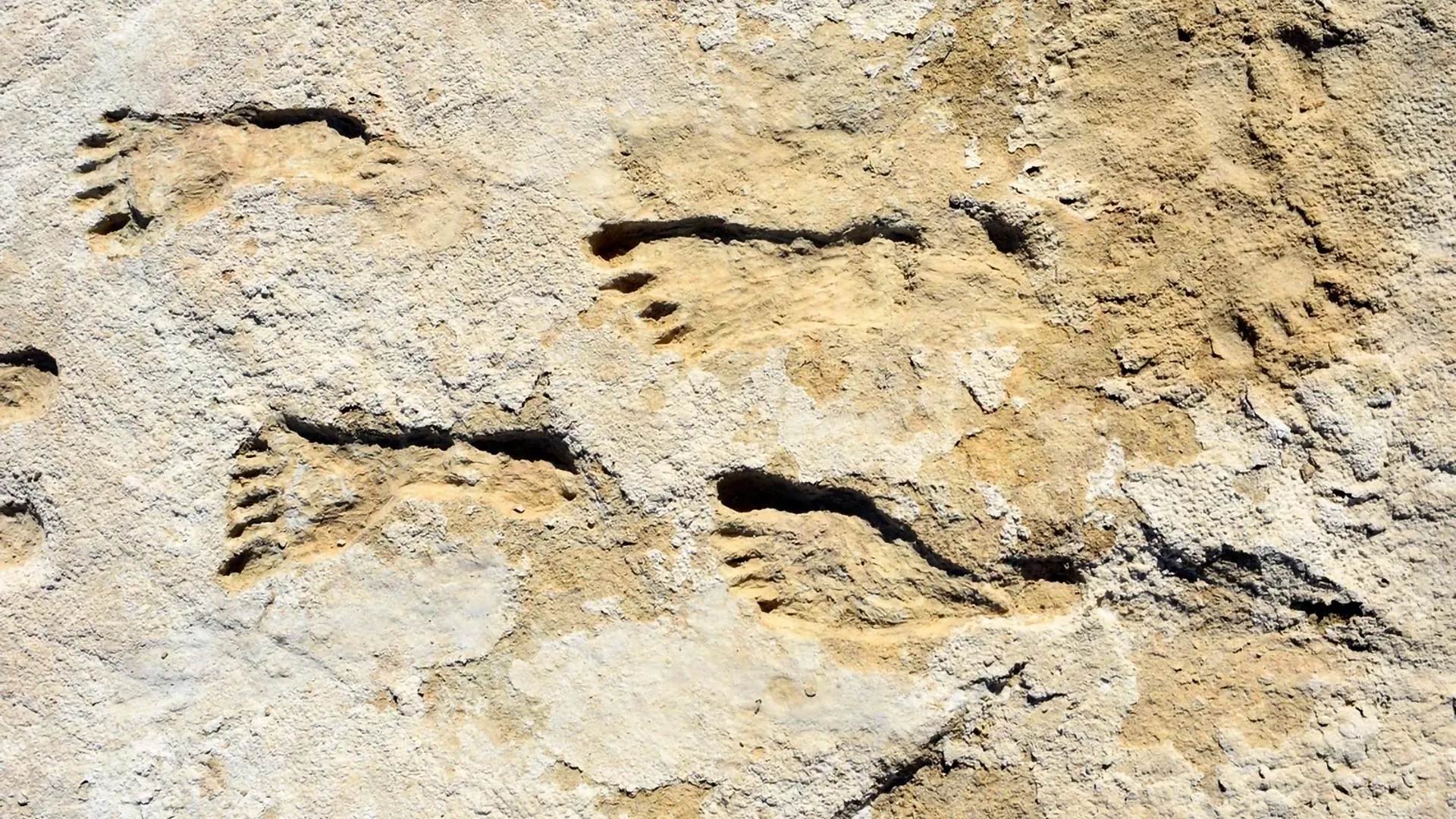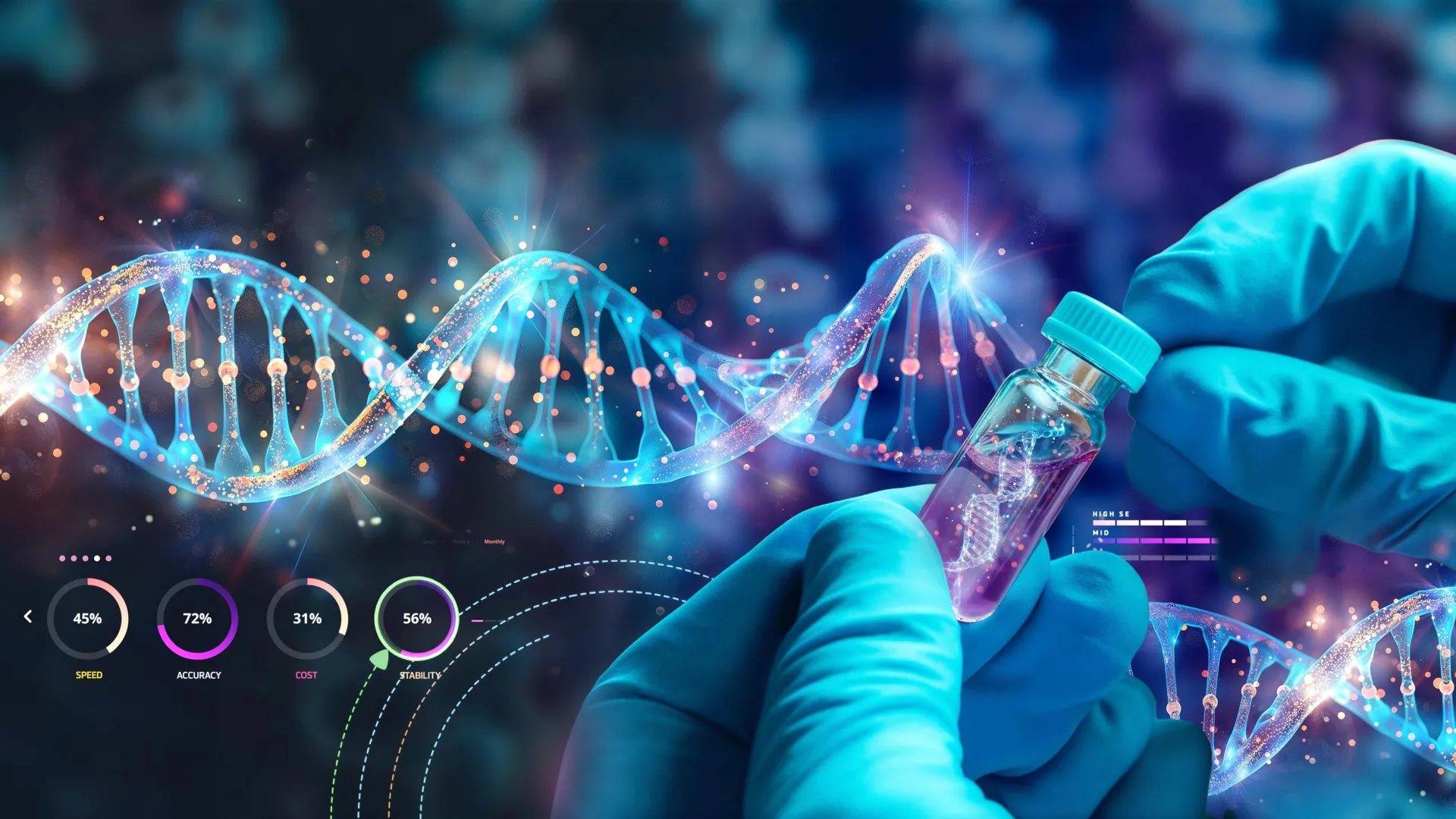The fatal mutation that lets cancer outsmart the human immune system
New research from UC Davis Comprehensive Cancer Center has uncovered an evolutionary change that may explain why certain immune cells in humans are less effective at fighting solid tumors compared to non-human primates. This insight could lead to more powerful cancer treatments. The study was published in Nature Communications. It…

